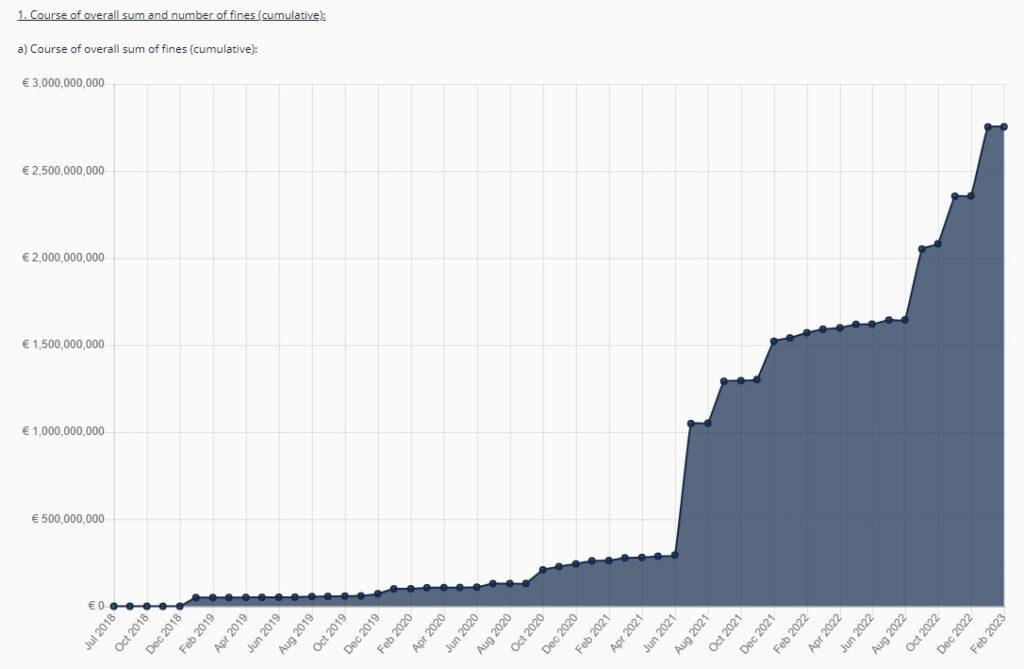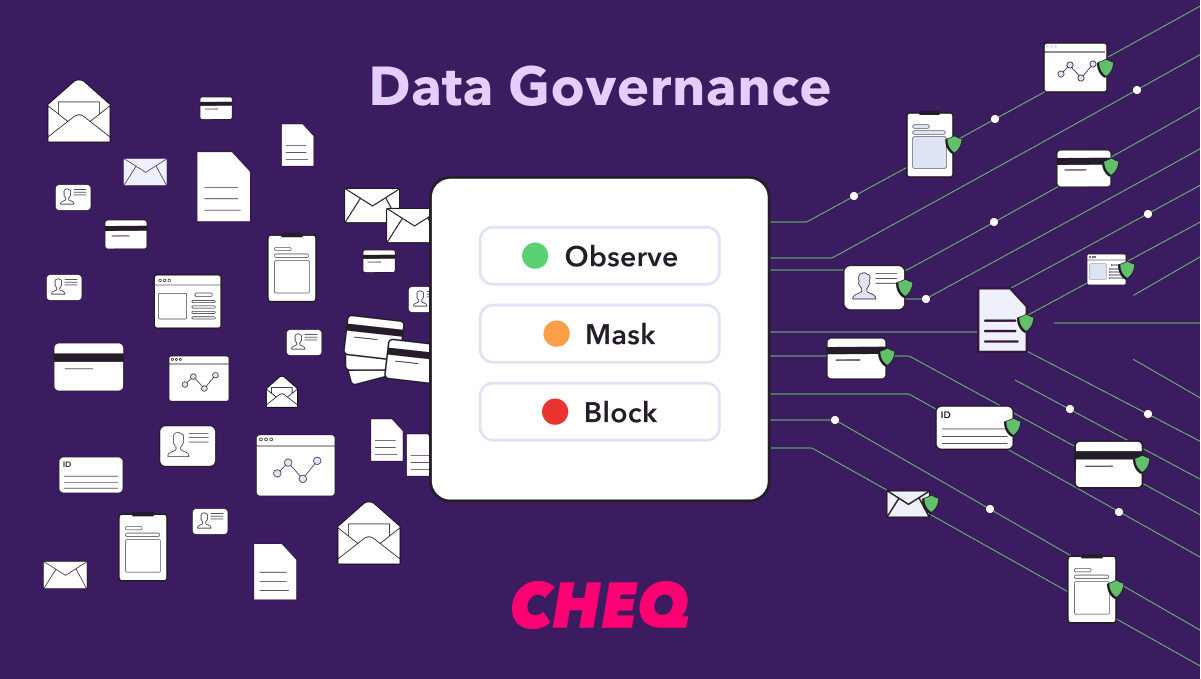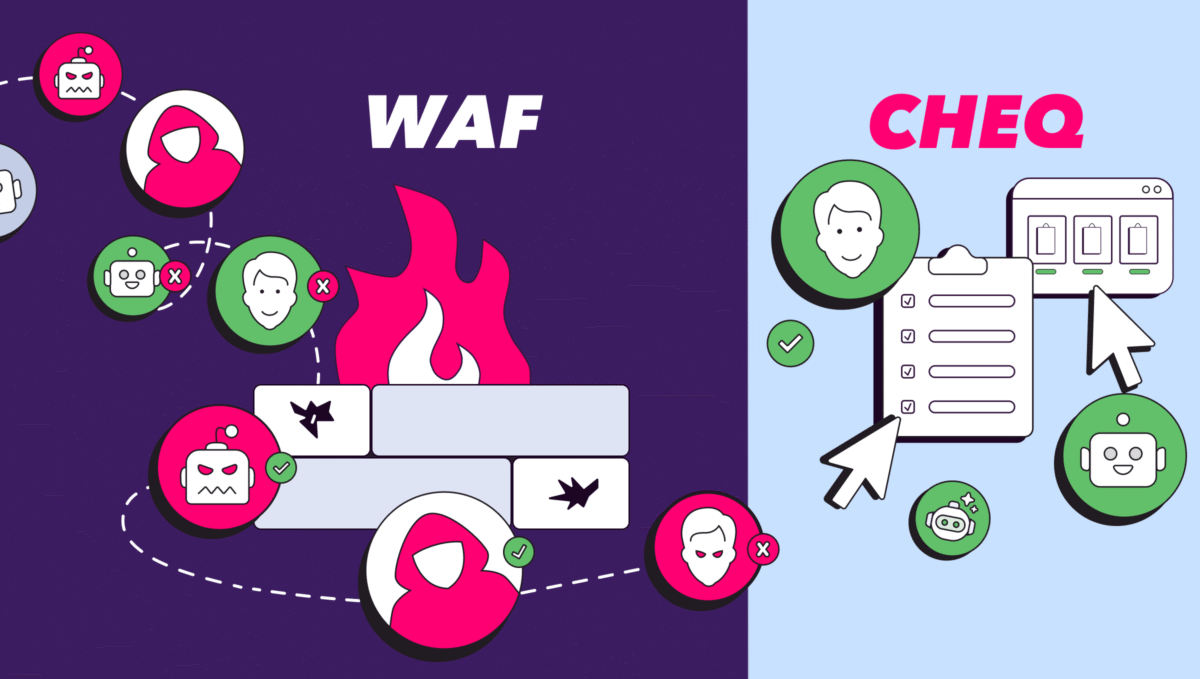Why Digital Marketers Should Care About Cookie Consent
Jeffrey Edwards
|Privacy & Compliance | February 24, 2023

Today’s consumers are no stranger to cookie banners. But navigating the fast-changing consent management landscape is far from a walk in the park for marketers.
Cookie compliance and consent management is a growing challenge for advertisers and digital marketers. The consequences of violating data privacy laws are more than a slap on the wrist. As of February 2023, the cumulative sum of GDPR fines to date has surpassed €2.5 billion. If you’re looking for a wake-up call, it was two years ago. Brands cannot keep hitting snooze on consent management.
So, how did we get here, and where are we going with consent management and online privacy? Here’s how regulations evolved over the last decade, how they impact digital advertising, and why getting cookie consent right is critical.
A Brief History of Cookie Consent Management
Consent management is a process that allows consumers to decide what personal data they share with a business. Most of the information, such as their interactions with a website, is tracked through cookies. Cookie consent happens when a site presents a visitor with a banner or dialogue box asking if they’d allow cookies on the website to collect their personal data.
Cookies are as old as the first web browser (invented in 1991), but the public wasn’t aware of them until the media reported their potential threat to privacy in 1996. While most people go about their digital existence without paying much attention to cookies, unscrupulous entities increasingly exploit them to track people’s interests, spending habits, and behaviors across the web.
In 2011, EU countries adopted a directive that gave individuals the right to refuse the use of cookies. This privacy legislation requires websites to obtain visitors’ explicit consent if they want to retrieve users’ information from devices such as computers, smartphones, or tablets.
Meanwhile, the Federal Trade Commission (FTC) in the US started to contend with the use of cookies by digital giants. For example, Google agreed to a $22.5 million settlement for bypassing a default setting in the Safari web browser that blocked third-party cookies, and more recently, the Commission fined Epic Games $275 million for collecting the personal information of children without verifiable consent.

The cookie consent spotlight turned to the digital marketing and online advertising industry when the EU adopted the General Data Protection Regulation (GDPR) in April 2016. Marketers can no longer rely on implied consent to collect consumer data on their websites.
Even though the GDPR is an EU legislation, it impacts all brands that sell to EU citizens. Most companies must conform to the requirements when collecting and storing website visitor and customer data for marketing and advertising purposes in today’s global economy.
In the United States, a nationwide data privacy law has yet to coalesce, but that hasn’t stopped state legislatures from stepping up. The first in the nation was the California Consumer Privacy Act (CCPA) in 2018, and its impact cascaded throughout the country, with several other states passing similar legislation, and dozens in various states of debate and committee.
Struggling with consent management and compliance? CHEQ can help. Schedule a demo today.
Why Should Marketers Care About Cookie Consent?
Online data privacy regulations are increasing in number and becoming more stringent. One misstep could lead to multiple violations and hefty penalties. Yet, the financial impact isn’t the only reason to get cookie compliance right.
More importantly, today’s consumers demand transparency from brands they buy from—71% of people would stop purchasing from a company that collects or shares their sensitive data without explicit permission. Also, adhering to data privacy regulations can help you avoid negative press about your company, which can diminish consumer trust and tarnish your brand’s reputation.
Not using cookies isn’t an option in today’s digital environment. At the very least, you must use essential cookies as a basic form of memory for your website to function as intended. Other cookies, such as functional, performance, advertising, and analytics cookies, allow you to collect deeper insights about your visitors to support accurate data-driven decision-making.
Leading companies are building “privacy by design” into their consumer-facing online properties, with consent management being a centerpiece of the implementation. The goal is to make security and privacy a default option while offering features (e.g., the ability to consent to the use of additional cookies) to enhance the user experience.
Using the right consent management platform (CMP) is key to maintaining transparency and building trust with your customers. It helps you communicate when and why you collect visitors’ data and even incorporate consumer privacy into your value propositions to enhance your overall brand image.












